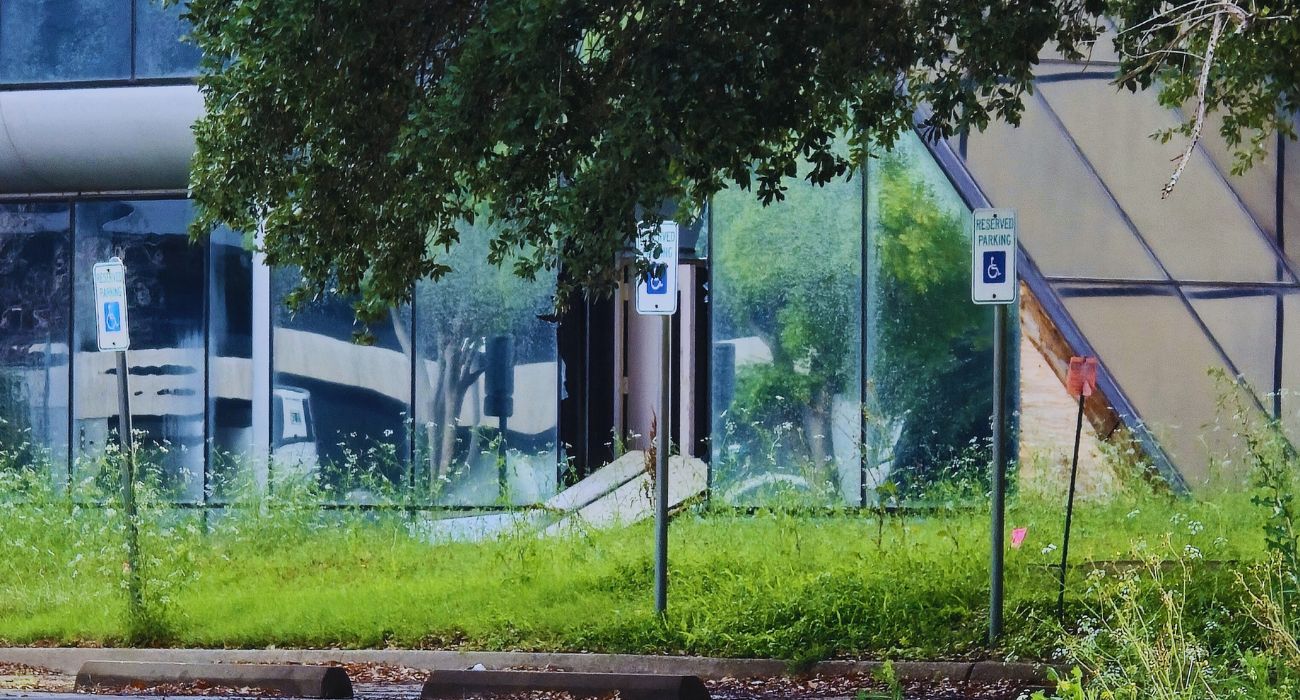The Dallas County Commissioners Court staked its position in ongoing debates over critical race theory (CRT) and education at its meeting on Tuesday, voting unanimously in support of the ideology even as the practice of teaching CRT was prohibited by the Texas Legislature in 2021.
The resolution in question claims that the court intends to push back on alleged “politically motivated attacks” on African-American history lessons and CRT, which is an academic theory and political belief that claims white supremacy is central to American history and contemporary society.
“[M]any of these Republican/Conservative critics falsely charge that teaching CRT leads to negative dynamics, such as a focus on group identity over universal, shared traits; divides people into ‘oppressed’ and ‘oppressor’ groups; and urges intolerance,” the resolution claims.
It went on to claim that systemic racism against non-whites currently exists and suggests that African-American history should be taught through the lens of CRT.
“We have to put in perspective where we came from and where we are going,” said Commissioner Elba Garcia during the meeting attended by The Dallas Express. “I can’t believe that here we are in this century and we are still having some of the same challenges.”
“CRT assets [sic] that racism is part of everyday life, and people, both white or non-white, who don’t intend to be racist can nevertheless make choices that fuel and sustain racism,” read another part of the resolution.
Commissioner John Wiley Price claimed that the remnants of older racialized government policies still exist today, remarking that those who live south of I-30 in Dallas have a lower life expectancy than those who live in the city’s northern region.
The court suggested its official support for this ideology is, at least in part, a response to Florida Gov. Ron DeSantis’ efforts to prohibit the teaching of CRT in Florida schools and universities.
“[S]everal state legislatures, including Texas and Florida under Governor Ronald Dion DeSantis, have used CRT as a lightning rod for their political allies without regard to the truth that racism is interwoven into every avenue of this society,” read the court’s resolution.
DeSantis had recently endorsed a joint statement of Florida College System presidents rejecting CRT and other ideologies that “suppress intellectual and academic freedom, freedom of expression, viewpoint diversity, and the pursuit of truth in teaching and learning.”
“As such, our institutions will not fund or support any institutional practice, policy, or academic requirement that compels belief in critical race theory or related concepts such as intersectionality, or the idea that systems of oppression should be the primary lens through which teaching and learning are analyzed and/or improved upon,” read the joint statement.
“In Florida, we will build off of our higher education reforms by aligning core curriculum to the values of liberty and the Western tradition, eliminating politicized bureaucracies like DEI, increasing the amount of research dollars for programs that will feed key industries with talented Florida students, and empowering presidents and boards of trustees to recruit and hire new faculty, including by dedicating record resources for faculty salaries,” said DeSantis in a statement last week.
DeSantis’ move follows similar actions from the Texas Legislature, which passed HB 3979 in June 2021 and SB 3 in September 2021, restricting the employment of CRT in Texas public schools. At the time, Governor Greg Abbott said the legislation was “a strong move to abolish critical race theory in Texas, but more must be done.”
Even as the commissioners court resolution proved largely symbolic, then, it marked a dramatic ideological declaration from a body primarily responsible for managing county resources and services dealing with the health department, the criminal justice system, and property appraisals.






